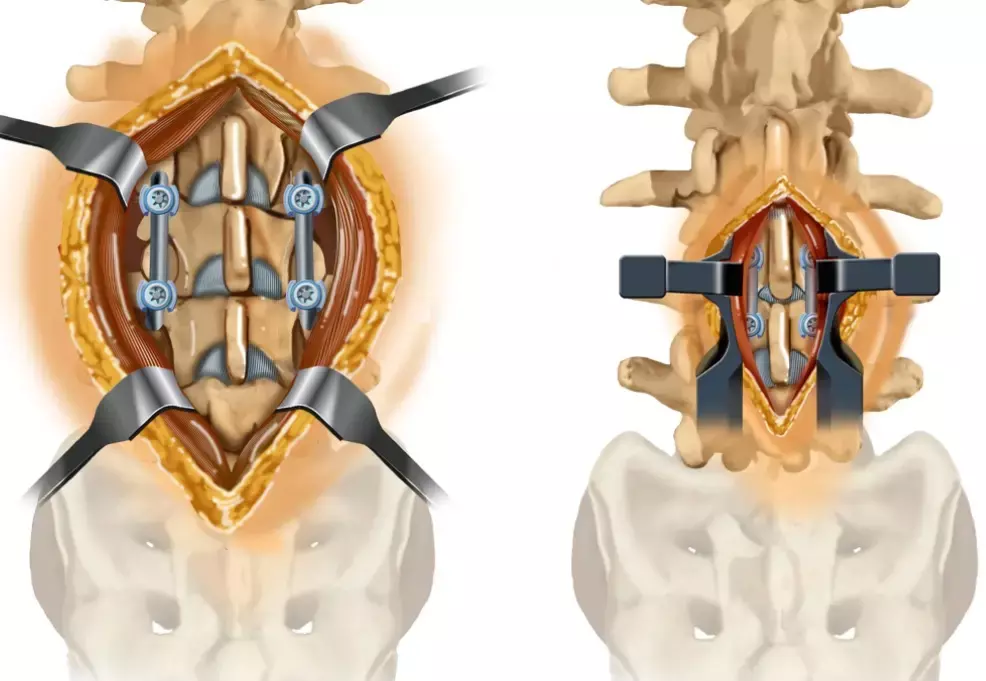- Home
- Medical news & Guidelines
- Anesthesiology
- Cardiology and CTVS
- Critical Care
- Dentistry
- Dermatology
- Diabetes and Endocrinology
- ENT
- Gastroenterology
- Medicine
- Nephrology
- Neurology
- Obstretics-Gynaecology
- Oncology
- Ophthalmology
- Orthopaedics
- Pediatrics-Neonatology
- Psychiatry
- Pulmonology
- Radiology
- Surgery
- Urology
- Laboratory Medicine
- Diet
- Nursing
- Paramedical
- Physiotherapy
- Health news
- Fact Check
- Bone Health Fact Check
- Brain Health Fact Check
- Cancer Related Fact Check
- Child Care Fact Check
- Dental and oral health fact check
- Diabetes and metabolic health fact check
- Diet and Nutrition Fact Check
- Eye and ENT Care Fact Check
- Fitness fact check
- Gut health fact check
- Heart health fact check
- Kidney health fact check
- Medical education fact check
- Men's health fact check
- Respiratory fact check
- Skin and hair care fact check
- Vaccine and Immunization fact check
- Women's health fact check
- AYUSH
- State News
- Andaman and Nicobar Islands
- Andhra Pradesh
- Arunachal Pradesh
- Assam
- Bihar
- Chandigarh
- Chattisgarh
- Dadra and Nagar Haveli
- Daman and Diu
- Delhi
- Goa
- Gujarat
- Haryana
- Himachal Pradesh
- Jammu & Kashmir
- Jharkhand
- Karnataka
- Kerala
- Ladakh
- Lakshadweep
- Madhya Pradesh
- Maharashtra
- Manipur
- Meghalaya
- Mizoram
- Nagaland
- Odisha
- Puducherry
- Punjab
- Rajasthan
- Sikkim
- Tamil Nadu
- Telangana
- Tripura
- Uttar Pradesh
- Uttrakhand
- West Bengal
- Medical Education
- Industry
Topical Tranexamic Acid associated with Reduced Blood Loss in Spine Surgery

Tranexamic acid (TXA) is an antifibrinolytic drug associated with reduced blood loss in a range of surgical specialties, including neurosurgery, orthopedic surgery, and cardiac surgery. Concerns about venous thromboembolism and seizures from intravenous (IV) TXA have led to increased use of topical TXA.
In spine surgery, perioperative tranexamic acid (TXA) administration is an accepted method for decreasing blood loss and risk of transfusion. TXA acts as a clot stabilizer and can reduce visible blood loss (VBL), hidden blood loss (HBL), and postoperative blood loss (PBL). TXA can effectively reduce blood loss when administered orally, intravenously, topically, or as a combination of the latter two routes.
In neurosurgery, intravenous (IV) TXA is the most studied TXA administration route. Nonetheless, there remain concerns regarding postoperative seizures and thromboembolic events after IV TXA administration, with the highest reported incidence of seizure being 3.5%. Topical TXA limits systemic exposure, expanding the clinical indications of TXA. There have been limited investigations into the safety and efficacy of topical TXA in the wider clinical context of spinal oncology, cervical spine disorders, and thoracolumbar trauma.
Izima et al conducted a meta analysis about efficacy of TXA used topically in spine surgery, and published their findings recently in Neurosurgery Focus journal.
Their comprehensive review and meta-analysis scrutinizes recent studies from 2016 to 2022 to assess the efficacy and safety of topical Tranexamic Acid (TXA) in reducing perioperative blood loss in spine surgery. They categorized their findings as follows:
Safety Concerns:
The review found inconclusive evidence concerning adverse effects, especially when TXA is administered topically. Although studies report rare events like venous thromboembolism and pulmonary embolism, no significant differences in complication rates were observed among groups treated with topical TXA, IV TXA, or a combination of both. Most reviewed studies reported zero complications following any form of TXA administration.
Efficacy:
The review emphasizes the positive effects of topical TXA in limiting surgical blood loss. Their pooled analyses, comparing topical TXA to no TXA, indicated statistically significant benefits such as reduced intraoperative and postoperative blood loss, elevated postoperative hemoglobin levels, and shorter hospital stays. Although intravenous TXA has been more widely studied, our pooled analysis found no significant differences in outcomes between intravenous and topical TXA.
Combined Administration:
An intriguing question is whether combining topical and IV TXA produces additive effects in reducing blood loss. The pooled analysis did not find significant synergistic effects when both were used together, a finding that diverges from some previous studies. More research is needed to definitively conclude whether combined administration is superior to IV TXA alone.
Impact on Transfusion Rates:
Even though standard deviations for transfusion rates were not available, making them unsuitable for pooled analysis, individual studies showed reduced transfusion rates in the topical TXA and combined TXA groups compared to controls. These findings have clinical significance given the risks associated with transfusions.
The meta analysis led the authors to conclude that topical TXA was associated with lower intraoperative and postoperative blood loss, higher postoperative hemoglobin levels, and shorter hospitalization lengths, compared to controls. “Given these benefits and its relative safety profile, topical TXA could become a critical tool in the management of spine surgery patients. Further research is warranted to conclusively establish its effectiveness, especially in high-risk patients. “, they said.
Reference:
Izima, C., Sampath, S. G., Tang, A. J., Ambati, V. S., Chou, D., & Chan, A. K. (2023). Systematic review and meta-analysis of topical tranexamic acid in spine surgery. Neurosurgical Focus, 55(4), E18. https://doi.org/10.3171/2023.7.FOCUS23363
MBBS, DrNB Neurosurgery
Krishna Shah, MBBS, DrNB Neurosurgery. She did her MBBS from GMC, Jamnagar, and there after did direct 6 Year DrNB Neurosurgery from Sir Ganga Ram Hospital, Delhi. Her interests lie in Brain and Spine surgery, Neurological disorders, minimally invasive surgeries, Endoscopic brain and spine procedures, as well as research.
Dr Kamal Kant Kohli-MBBS, DTCD- a chest specialist with more than 30 years of practice and a flair for writing clinical articles, Dr Kamal Kant Kohli joined Medical Dialogues as a Chief Editor of Medical News. Besides writing articles, as an editor, he proofreads and verifies all the medical content published on Medical Dialogues including those coming from journals, studies,medical conferences,guidelines etc. Email: drkohli@medicaldialogues.in. Contact no. 011-43720751


